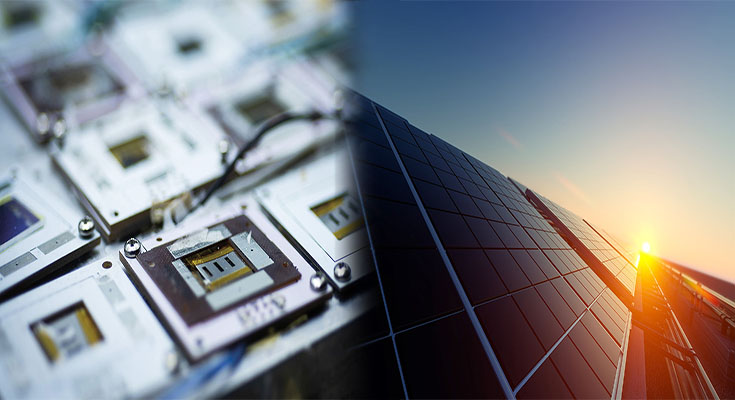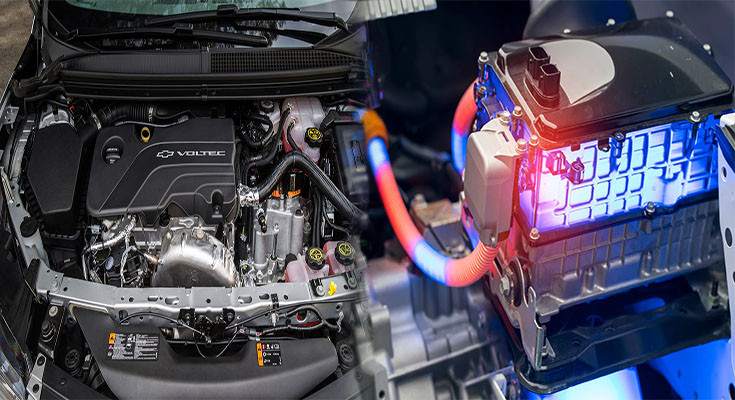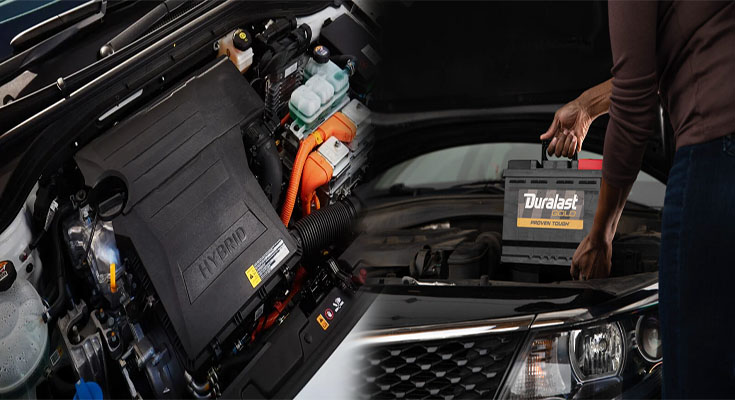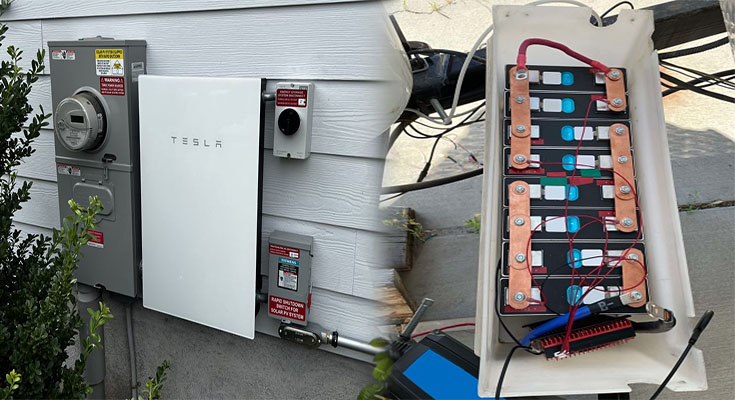
Innovations in Third-Generation Solar Cell Materials
Solar energy is a renewable energy source that holds immense potential in addressing the world’s energy needs. Over the years, researchers and scientists have been working on improving solar cell technology to make it more efficient and cost-effective. One area of focus has been the development of third-generation solar cell materials, which offer new and exciting possibilities for harnessing solar energy. In this article, we will delve into the latest innovations in third-generation solar cell materials and explore their potential impact on the renewable energy landscape.
Third-generation Solar Cell Materials
Third-generation solar cell materials refer to a new class of materials that aim to overcome the limitations of traditional silicon-based solar cells. These materials utilize advanced technologies and alternative materials to improve efficiency, flexibility, and manufacturing processes. Some of the key third-generation solar cell materials include:
- Perovskite Solar Cells: Perovskite solar cells have emerged as a promising alternative to





